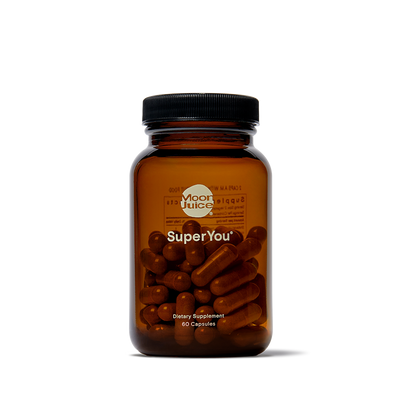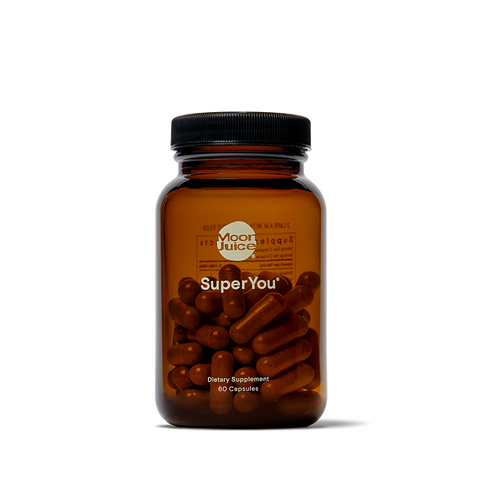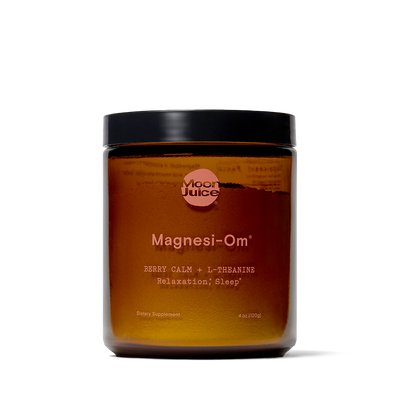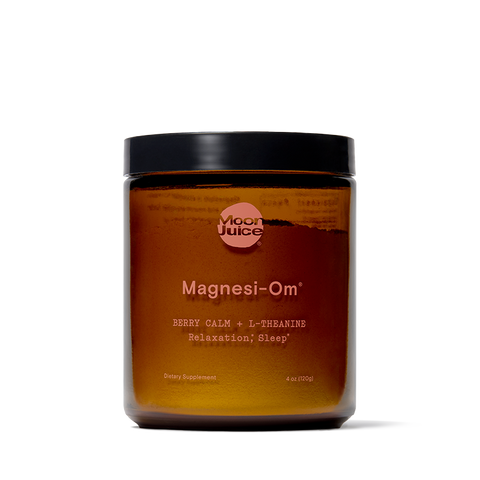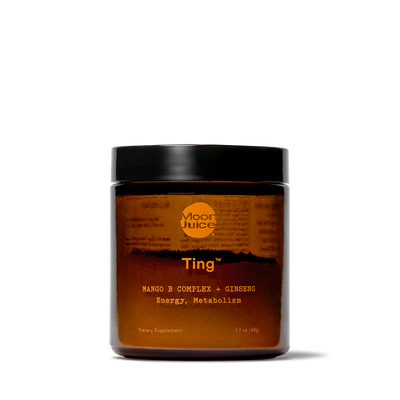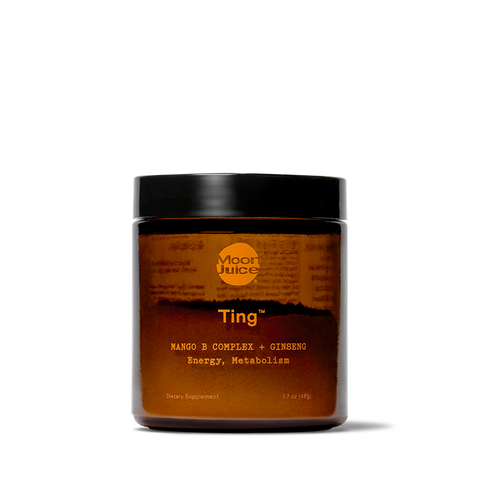“I try to be pretty minimal on supplements, for a few reasons. One is that I don't want to distract from the fact that we would ideally get our nutrients from food, and we would ideally get our healing from community, nature, spaciousness, sleep, purpose, service, and love. A supplement doesn't get us there.
That said, there are a few supplements that I use myself and recommend to my patients, especially in the early, therapeutic phase of someone’s process. With anxiety, I love to have people supplement with Magnesium at bedtime. Everyone's dose is a little bit different, but basically it has a wide safety margin, and it has other benefits. Magnesium can help with sleep, but it can also help with menstrual cramps and migraine headaches, digestion and muscle tension. Most of us are deficient in Magnesium because our food is—because our soil is. So I generally recommend Magnesium.
“With anxiety, I love to have people supplement with Magnesium at bedtime.”
For some people, I recommend Turmeric. I like to use Curcumin (the active ingredient in Turmeric) to tell a dysregulated immune system to recalibrate.
I'll put a lot of patients on B Vitamins initially. Long game, I like to have a therapeutic phase where we're using supplements to replete depleted B Vitamins and then, down the road, we’ll transition over to things like—if someone eats animal foods—chicken liver, egg yolks, these natural sources of the B Vitamins. But sometimes the supplement continues to be necessary. And it's certainly helpful in that ramp up phase, and in particular, Methylated B Vitamins are helpful for those with the MTHFR mutation, which introduces a handicap in our ability to methylate B Vitamins.
I'm not putting everyone on a probiotic. I'm usually encouraging my patients to consume fermented foods and starchy tubers. But once in a while if we're doing a more dedicated gut healing protocol, there might be a phase where we're doing an antimicrobial phase and then repleting the gut flora with a probiotic. I also like to support gut healing with Glutamine and Collagen. So it just depends on the situation. But I'm not putting everybody on probiotics, because sometimes people have SIBO, or small intestinal bacterial overgrowth, so taking a probiotic in that circumstance can even be exacerbating. There's a lot of nuance to the whole gut protocol.
I'll add that for some people and certain circumstances, I'll employ tools like Ashwagandha or Rhodiola. These adaptogens can be very supportive in the right circumstances.”
Interested in using adaptogenic supplements to help unstress? Add Magnesi-Om, our magnesium powder supplement, to your wellness routine!
Sign Up, Nerd Out
Get wellness tips, education, and recipes
delivered straight to your inbox.
Get wellness tips, education,
and recipes delivered
straight to your inbox.
Want more? This is an excerpt from a longer convo with Ellen Vora, MD — listen or watch here!


